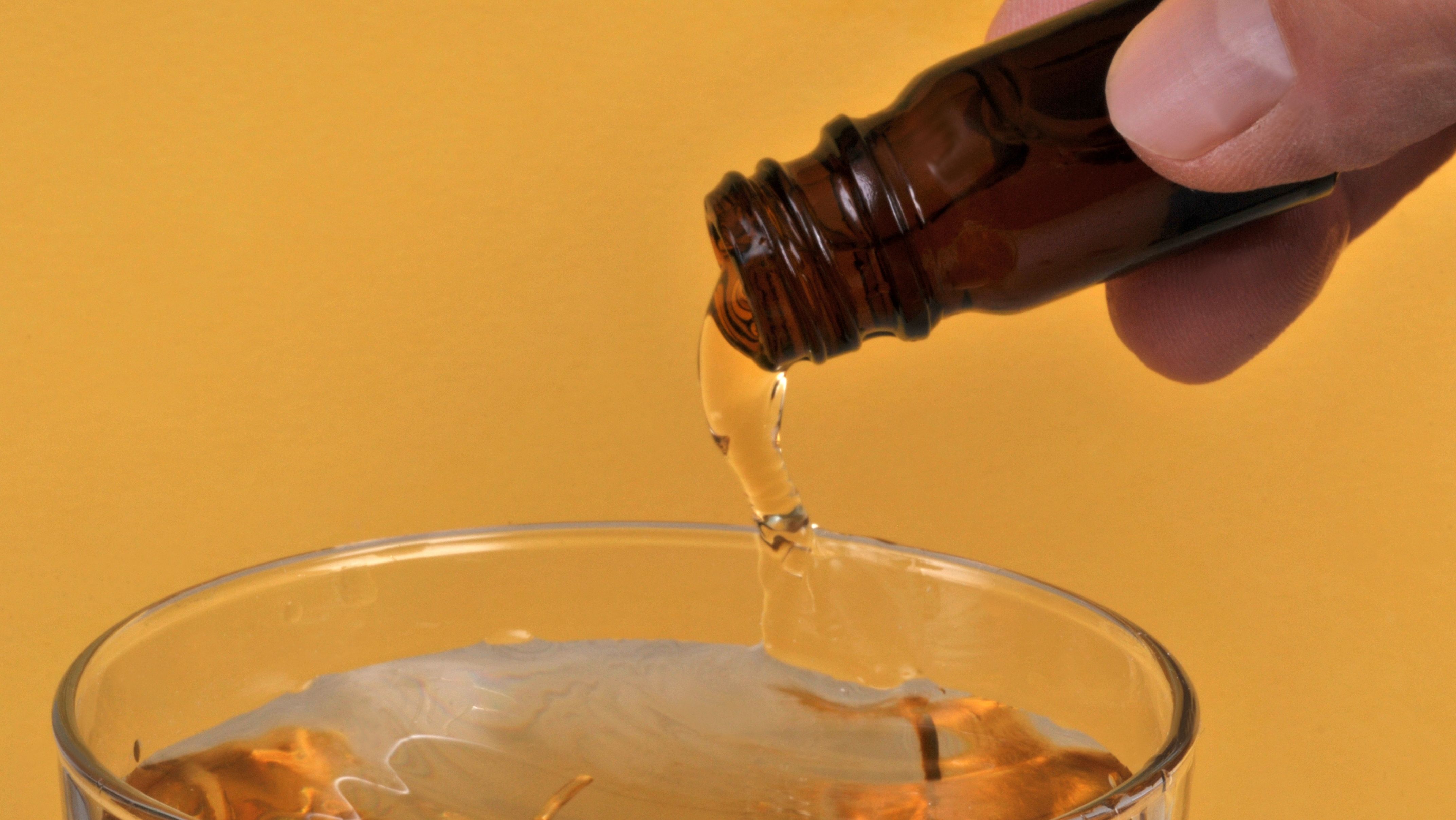GHB Addiction: The Dangers and How to Get Help

GHB, or gamma-hydroxybutyrate, is a central nervous system depressant that has gained notoriety as both a recreational drug and a date rape drug. Also known as “liquid ecstasy,” GHB abuse can quickly lead to physical dependence and addiction. This article explores the effects of GHB, its dangers, and treatment options for those struggling with GHB addiction.
Addicted to GHB: Signs and Symptoms
GHB addiction can develop rapidly due to its euphoric and sedative effects. Drug users may initially experience feelings of relaxation, increased libido, and enhanced confidence. However, as tolerance builds, individuals may find themselves needing higher doses to achieve the desired effects. Recognizing GHB addiction signs is crucial for early intervention and treatment.
Signs of GHB addiction include:
- Increased tolerance
- Experiencing withdrawal symptoms when not using
- Neglecting responsibilities due to drug use
- Continuing use despite negative consequences
- Inability to control or stop GHB use
GHB Withdrawal Symptoms
When a person becomes physically dependent on GHB, they may experience unpleasant withdrawal symptoms when attempting to quit. These symptoms can be severe and potentially life-threatening, making it crucial to seek professional help for GHB withdrawal.
Common GHB withdrawal symptoms include:
- Anxiety and panic attacks
- Insomnia
- Tremors
- Increased heart rate and blood pressure
- Sweating
- Nausea and vomiting
- Psychosis in severe cases
GHB Addiction: Long-Term Effects and Risks
Long-term GHB abuse can have devastating effects on both physical and mental health. Some of the risks associated with chronic GHB use include:
- Memory loss and cognitive impairment
- Depression and anxiety disorders
- Kidney and liver damage
- Increased risk of seizures
- Cardiovascular problems
- Sexual dysfunction
- Increased risk of overdose

GHB as a Date Rape Drug
GHB has gained notoriety as a date rape drug due to its odorless and colorless nature when dissolved in liquids. Sexual predators may use GHB to incapacitate victims, as it can cause loss of consciousness and memory impairment. This makes it crucial to be aware of the dangers of accepting drinks from strangers or leaving drinks unattended in social settings.

Drug Abuse: Understanding GHB in the Context of Other Drugs
While GHB is often used on its own, many drug users combine it with other substances, increasing the risk of adverse effects and overdose. GHB is sometimes used in combination with:
- Alcohol: This combination can lead to severe respiratory depression and loss of consciousness.
- Club drugs: MDMA, ketamine, and other party drugs are sometimes mixed with GHB, amplifying the risks.
- Stimulants: Some users combine GHB with cocaine or methamphetamine to counteract the sedative effects.
It’s important to note that combining GHB with other substances significantly increases the risk of overdose and other dangerous complications.
GHB Withdrawal: The Importance of Medical Supervision
Due to the severity of GHB withdrawal symptoms, it’s crucial to undergo detoxification under medical supervision. Attempting to quit GHB “cold turkey” can be dangerous and potentially life-threatening.
A medically supervised detox program can provide:
- 24/7 monitoring of vital signs
- Medication to manage withdrawal symptoms
- Immediate medical attention if complications arise
- Support to prevent relapse during the acute withdrawal phase
Treatment Options for GHB Addiction
Overcoming GHB addiction often requires a comprehensive, long-term treatment plan. Some effective treatment options include:
- Inpatient Rehabilitation: Provides a structured environment for intensive therapy and medical support.
- Outpatient Programs: Allows individuals to receive treatment while maintaining daily responsibilities.
- Cognitive-Behavioral Therapy (CBT): Helps identify and change harmful thought patterns and behaviors related to drug use.
- Support Groups: Organizations like Narcotics Anonymous can provide ongoing peer support.
- Dual Diagnosis Treatment: Addresses co-occurring mental health issues that may contribute to addiction.
- Aftercare Planning: Helps individuals maintain sobriety and prevent relapse after completing initial treatment.

How is GHB made?
GHB, like other drugs is created illegally in home-based labs, where it is typically produced as a liquid or white powder that can be mixed into drinks or swallowed in capsules.
It is synthesised from gamma butyrolactone (GBL) which is converted to GHB once ingested. GBL is often marketed as a "cleaning solvent" to hide its intended use as a recreational drug.
Conclusion
GHB addiction is a serious condition that can have severe consequences on an individual’s health and well-being. If you or someone you know is struggling with GHB abuse, it’s crucial to seek professional help. With proper treatment and support, recovery from GHB addiction is possible. Remember, the journey to recovery begins with acknowledging the problem and reaching out for assistance.
Frequently asked questions
- What is GHB?
-
GHB stands for gamma-hydroxybutyrate. It is a central nervous system depressant with euphoric effects. It is also known as "liquid ecstasy" and is commonly abused as a recreational party drug.
- What are the street names for GHB?
-
GHB goes by many slang names including Liquid X, Liquid E, Grievous Bodily Harm (GBH), Georgia Home Boy, Blue Nitro, and Fantasy. Chemically similar drugs like GBL and 1,4-BD also convert to GHB when ingested.
- What are the effects of GHB?
-
At lower doses, GHB induces relaxation, euphoria, increased libido, and disinhibition. Higher doses lead to dizziness, hallucinations, unconsciousness, and respiratory depression. Effects come on in 10-20 minutes and last 3-6 hours.
- Is GHB addictive?
-
Yes. Frequent recreational use of GHB often leads to physical and psychological dependence. Attempting to quit causes withdrawal symptoms like anxiety, insomnia, tremors, and high blood pressure.
- What are the signs of a GHB overdose?
-
Signs include severe drowsiness, vomiting while unconscious, seizures, slow or shallow breathing, pale skin, low body temperature, and coma. An overdose can be fatal without swift medical treatment.
- How can I get help for GHB addiction?
-
Professional treatment like medically-supervised detox, inpatient rehab, outpatient programs, 12-step meetings, and sober living homes can help you overcome GHB addiction. Contact us now to explore your options.